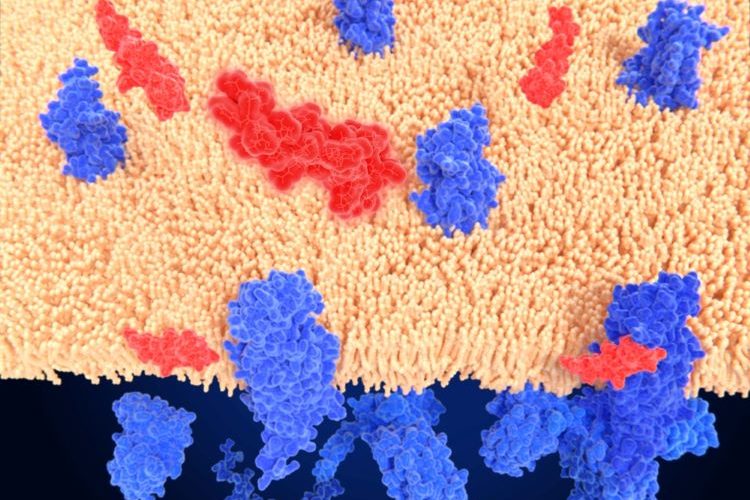GLP-1 receptor agonists aid broader outcomes in kidney disease, major analysis finds
Posted: 26 November 2024 | Catherine Eckford (European Pharmaceutical Review) | No comments yet
The analysis reveals multiple benefit in patients with type 2 diabetes and obesity with cardiovascular disease, or chronic kidney disease (CKD).


Glucagon-like peptide-1 (GLP-1) receptor agonists have shown to provide meaningful benefits in chronic kidney disease (CKD) and individuals with and without diabetes. This based on the largest, most comprehensive analysis of GLP-1 antagonists on kidney and cardiovascular outcomes.
While GLP-1 receptor agonists have shown benefit for type 2 diabetes, obesity and cardiovascular disease, its impact as a treatment in chronic kidney disease is not as clear, the researchers explained.
The meta-analysis gleaned data from 11 large-scale clinical trials of these treatments in individuals with type 2 diabetes, individuals who were overweight or had obesity and cardiovascular disease but without diabetes. A variety of different GLP-1 receptor agonists were evaluated, including Ozempic or Wegovy (semaglutide), Trulicity (dulaglutide) and Victoza (liraglutide).
When compared to placebo, these receptor agonists were found to lower kidney failure risk by 16 percent, as well as reduce worsening of kidney function by 22 percent. Overall, combining the reduced risk of kidney failure, worsening kidney function, and death due to kidney disease was found to be 19 percent.
Confirmation of prior findings revealed that GLP-1 receptor agonists lowered the risk of risk of cardiovascular death, non-fatal heart attack, and non-fatal stroke by 14 percent, in comparison to placebo. Fatalities by any cause was 13 percent less in individuals given GLP-1 receptor agonists, the analysis showed.
Article: Harnessing the GLP-1R medicine wave
GLP-1 receptor agonists – broader applications
This is the first study to show a clear benefit of GLP-1 receptor agonists on kidney failure or end-stage kidney disease”
“This is the first study to show a clear benefit of GLP-1 receptor agonists on kidney failure or end-stage kidney disease, suggesting they have a key role in kidney-protective and heart-protective treatment for patients with common medical conditions like type 2 diabetes, overweight or obesity with cardiovascular disease, or CKD,” stated Professor Sunil Badve, Professorial Fellow at The George Institute for Global Health and UNSW Sydney.
“Our study will have a major impact on clinical guidelines for the management of chronic kidney disease and cardiovascular disease in people with and without diabetes,” commented Professor Vlado Perkovic, Professorial Fellow at The George Institute, Provost at UNSW Sydney and senior author on the study.
“More work is now needed to implement the results of this study into clinical practice and improve access to GLP-1 receptor agonists to people who will benefit from them,” Professor Perkovic added.
The article, titled ‘Effects of GLP-1 receptor agonists on kidney and cardiovascular disease outcomes: a meta-analysis of randomised controlled trials’ was published in the journal The Lancet Diabetes & Endocrinology.
Related topics
Clinical Development, Clinical Trials, Data Analysis, Drug Development, Industry Insight, Research & Development (R&D), Therapeutics
Related drugs
glucagon-like peptide 1 (GLP-1) agonists, Ozempic, Semaglutide, Trulicity (dulaglutide), Victoza (liraglutide), Wegovy™









